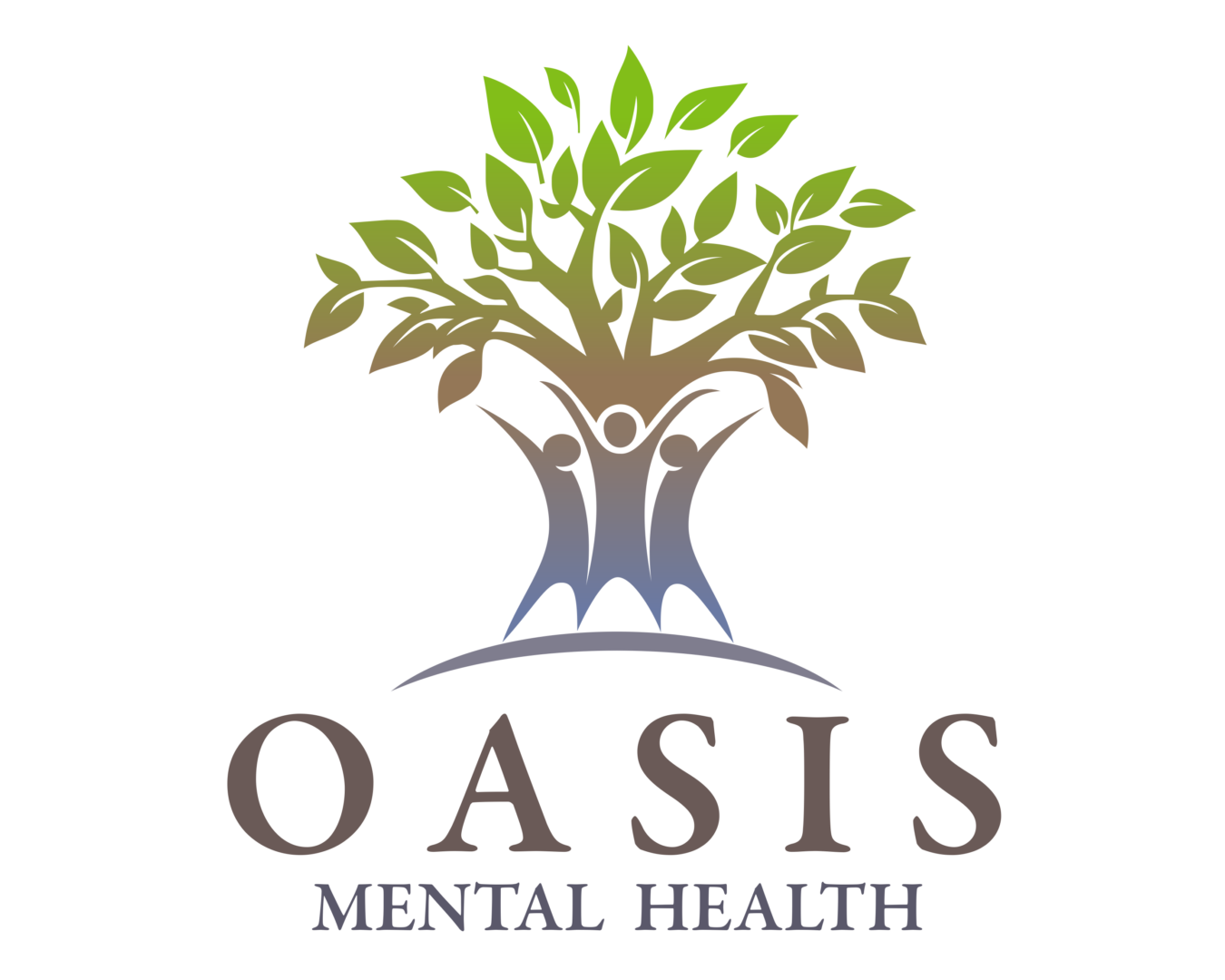Children often struggle to tell adults how they are feeling or what is going on for them for many reasons. Often, children don’t know the words to use to describe their feelings accurately. Sometimes they may be worried about how adults will respond to what they say, or they have learned from experience that certain feelings are not okay to have or share. Other times, children may have feelings that are just too big, too confusing, or too scary to understand, let alone try to explain to an adult.
From a developmental perspective, the first line of communication is not verbalization, but play. As noted play therapist Gary Landreth described:
“For children, toys are their words and play is their language.”
Children need to “play out” their experiences in order to understand and learn from them. This is why play therapy is the most effective therapy modality for children.
Play therapy allows children to express their feelings and work through problems in the most natural and appropriate way for their stage of development. The play therapy office is a space for children to fully be themselves and feel in control of their environment. Within a safe and trusting relationship with the play therapist, children experience what is like to feel completely valued, respected, accepted, and understood.
What Children Will Learn Through Play
Children who participate in play therapy at Oasis Mental Health will learn:
- To identify their feelings and realize their feelings are meaningful and acceptable
- To manage and express their feelings to others in healthy and responsible ways
- To solve problems effectively by being creative and resourceful
- To accept themselves for who they are
- To accept themselves for who they are
- To make choices and take accountability for their actions
- To trust themselves and learn how to trust others
- To grow from their experiences in positive ways
Sand Tray Therapy
A specific form of play therapy is sand tray therapy. In sand tray therapy, the sand tray serves as a canvas or a stage for children to “play out” their feelings and their experiences. Children are asked to pick from a wide selection of miniature toys and place them in the sand tray, to create their own world or to tell a story. Sand tray therapy is particularly effective for children who have experienced traumatic events. Telling the story of their trauma using miniature toys in the sand tray provides a level of distance from the trauma, making it less scary for children to confront.
Both play and sand tray therapies can be combined with EMDR Therapy to more effectively and efficiently treat children who have experienced trauma. Please see our page on EMDR Therapy for additional information.
Please also check out Child Psychologist Laura Langes' Pinterest board with ideas for play and craft activities, parenting resources, as well as Child and Adolescent and Trauma Therapy resources.
